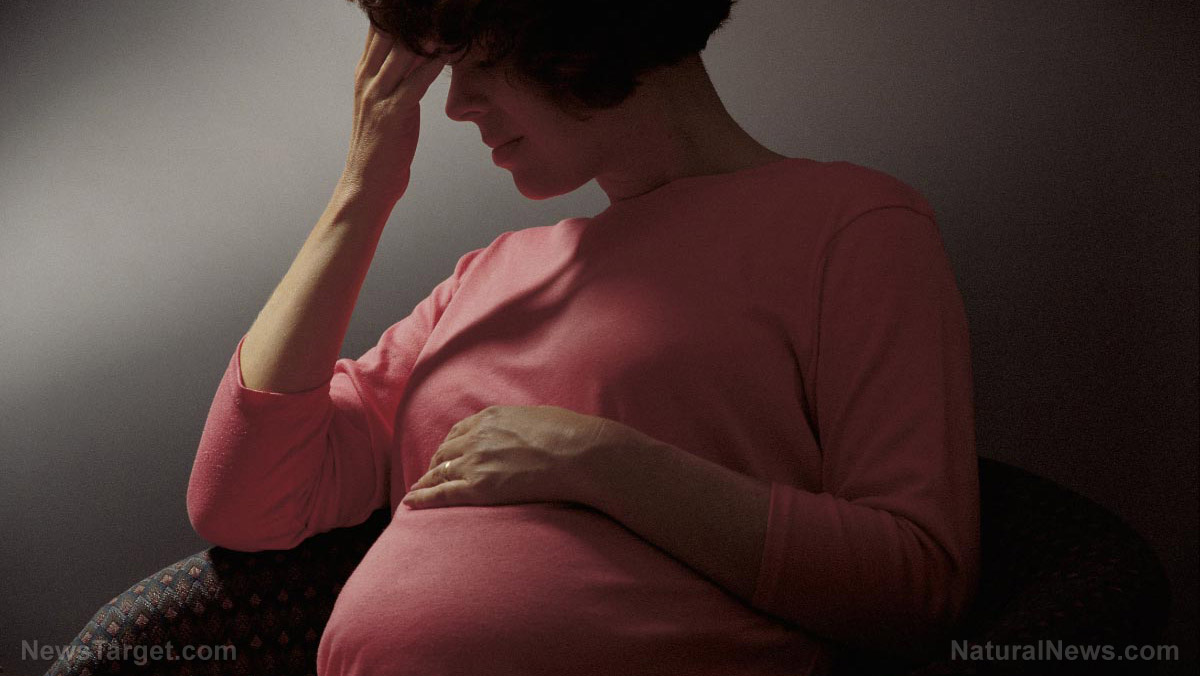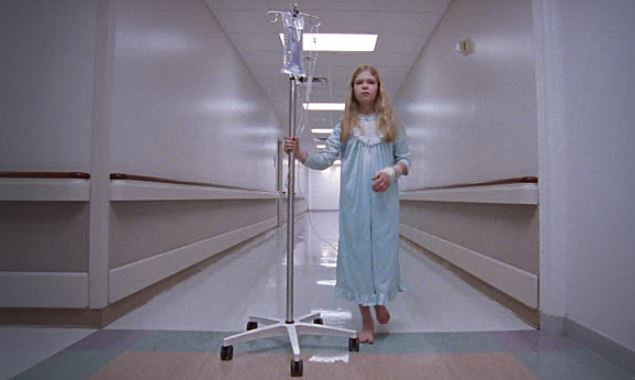Arrival of COVID-19 stimulus checks fueled a surge in opioid overdose deaths
02/20/2022 / By Arsenio Toledo

A new study has found that Wuhan coronavirus (COVID-19) stimulus checks “significantly” contributed to the increase in deaths caused by opioid overdoses in the United States.
The study, entitled “COVID-19 economic impacts and opioid overdose deaths,” has been peer-reviewed and is set to be published in the International Journal of Drug Policy in April. It was released early by Ohio Attorney General Dave Yost.
The study was conducted by the attorney general’s Center for the Future of Forensic Science. The study was conducted by a team led by Ohio Attorney General’s Office Director of Science and Research Dr. Jon Sprague. He also serves as the eminent scholar of the Bureau of Criminal Investigation for Bowling Green State University.
The study used data from the Ohio Department of Health and its goal was to determine if there was a connection between the rise in opioid deaths in Ohio and the arrival of the first COVID-19 stimulus checks.
“The link between pandemic relief money and opioid overdose deaths is now evident,” said Yost in a press release announcing the results of the study. “The intent was to help Americans navigate this deadly pandemic, but it also fueled a tidal wave of overdoses.” (Related: San Francisco drug overdose epidemic killed nearly three times more people in 2020 than COVID.)
According to the Centers for Disease Control and Prevention (CDC), more than 100,000 Americans died due to opioid overdoses between April 2020 and April 2021. This is a 28 percent increase from the previous year, when there were 78,085 recorded opioid-related deaths from April 2019 to April 2020, and the highest recorded amount of drug-related deaths since 1999, when the CDC started tracking data regarding the opioid epidemic.

The CDC’s data also showed a surge in overdose deaths related to the use of cocaine, methamphetamines and fentanyl.
This study was very important for Yost, as more people in Ohio died of opioid-related deaths in the second quarter of 2020 than has been seen in the state since 2010. Similar trends could be seen throughout the country as the overall number of opioid-related deaths nationwide surged during the second quarter of 2020.
“Throwing money at a problem isn’t always the best solution,” said Yost in a press release. “Let the data be the guide to learn from the past. Addiction is a sickness you can’t cure with just cash.”
Delivery of stimulus checks coincided with surge in opioid deaths
According to the study, the spike in opioid-related overdose deaths coincided with the delivery of federal stimulus checks.
The first stimulus checks started being delivered in April 2020. For 15 weeks after the stimulus checks started arriving, the U.S. experienced more than 203 opioid-related deaths weekly.
According to the researchers, the beginning of the global COVID-19 pandemic in early 2020, along with the opioid epidemic, created a “perfect storm” for individuals who were already suffering from opioid use addiction and those who were more susceptible to turn to opioids due to the intense stressors that came with the COVID-19 pandemic.
Many of the stressors are related to lockdowns, including social isolation, loss of income, loss of housing and the reduced availability of harm-reduction strategies like therapy and medication due to the forced closure of essential workplaces and other businesses.
“The link between the timing of assistance payments and drug overdose deaths reflects a phenomenon known as the ‘check effect,'” noted the researchers. “The check effect has been associated with higher numbers of drug overdose deaths, hospital admissions and 911 calls in the days and weeks associated with income assistance payments.”
The check effect is a phenomenon that has only been studied for around 10 years. It refers to individuals that use government subsidies such as unemployment or disability checks to purchase non-essential items like alcohol or illegal drugs.
“Policy responses to the pandemic have inadvertently resulted in contributing to the exacerbation of the [opioid] epidemic,” wrote the researchers. “Although these government-provided income assistance payments are intended to pay for basic needs, [they] may actually be facilitating a cyclic pattern of substance use and increased overdose deaths.”
In an interview, Yost acknowledged that the stimulus checks were not solely responsible for the rise in opioid deaths.
Yost cited the COVID-19 pandemic and the lockdown as probable contributing factors.
“The paper said we were in the middle of a lockdown, there was massive fear and obviously we didn’t know what this pandemic was going to look like,” said Yost. “In the middle of that, we have this money coming in and the science shows that it was a contributing causation, but not the sole causation.”
More related stories:
More people died from fentanyl overdose than coronavirus in San Francisco last year.
People drank more, exercised less during UK’s first lockdown, scientists reveal.
Drug overdose deaths top 100K in a year, breaking previous records.
Watch this video and learn more about how the billions of dollars in taxpayer-funded COVID-19 pandemic stimulus is being used to murder children.
This video is from the Anti-Disinformation channel on Brighteon.com.
Learn more about the thousands of Americans being killed by drug overdoses at Opioids.news.
Sources include:
Submit a correction >>
Tagged Under:
addiction, coronavirus, coronavirus stimulus checks, covid-19, drug deaths, drug overdoses, fiat currency, government, lockdown, mental health, Money Printing, opioid deaths, opioid overdoses, Opioids, stimulus checks, welfare
This article may contain statements that reflect the opinion of the author




















